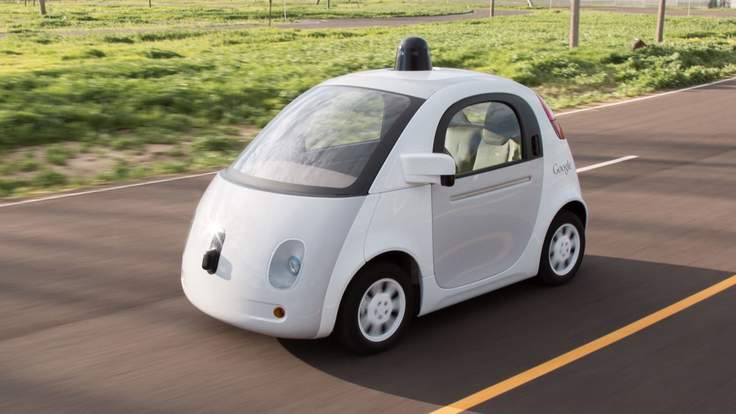Officials ask Google to trial the vehicles on the streets of London, where smaller tunnels could be built to accommodate them. Transport bosses are in “active discussions” with Google about trialling driverless cars in the UK.
The technology giant’s cars have never been tested extensively outside of the US – but London officials are hoping to bring them to the capital. Deputy mayor for transport Isabel Dedring said her office had spoken to Google “at least half a dozen times” over the past three years. “It’s going to have to work in big cities so why don’t we start trialling it now?” she said. “We met them a few weeks ago to see whether they would do trials here.
“It is still very early days but we would be keen for trials to happen in London whenever Google are ready to move them into other countries.”
Google’s prototype of a driverless car relies on sensors and software to complete journeys. They are rounder than normal cars, enabling lasers, radars and cameras to detect objects in every direction. The electric-powered cars have interiors that are “designed for riding, not for driving”. Trials in Mountain View, California, and Austin, Texas, are already being extended to Kirkland, Washington, to see how the vehicles perform in the wet.
The Government announced earlier this week it would invest £20m in eight driverless car projects. The technology will “profoundly change the way we travel within years” by reducing accidents, helping traffic flow and making it easier to travel by car, according to Transport Secretary Patrick McLoughlin. It could also reduce the budgets for major projects in London. Ms Dedring explained: “One of the interesting benefits of driverless vehicles is we can construct a much smaller tunnel because you don’t have to have the same safety requirements.”



















